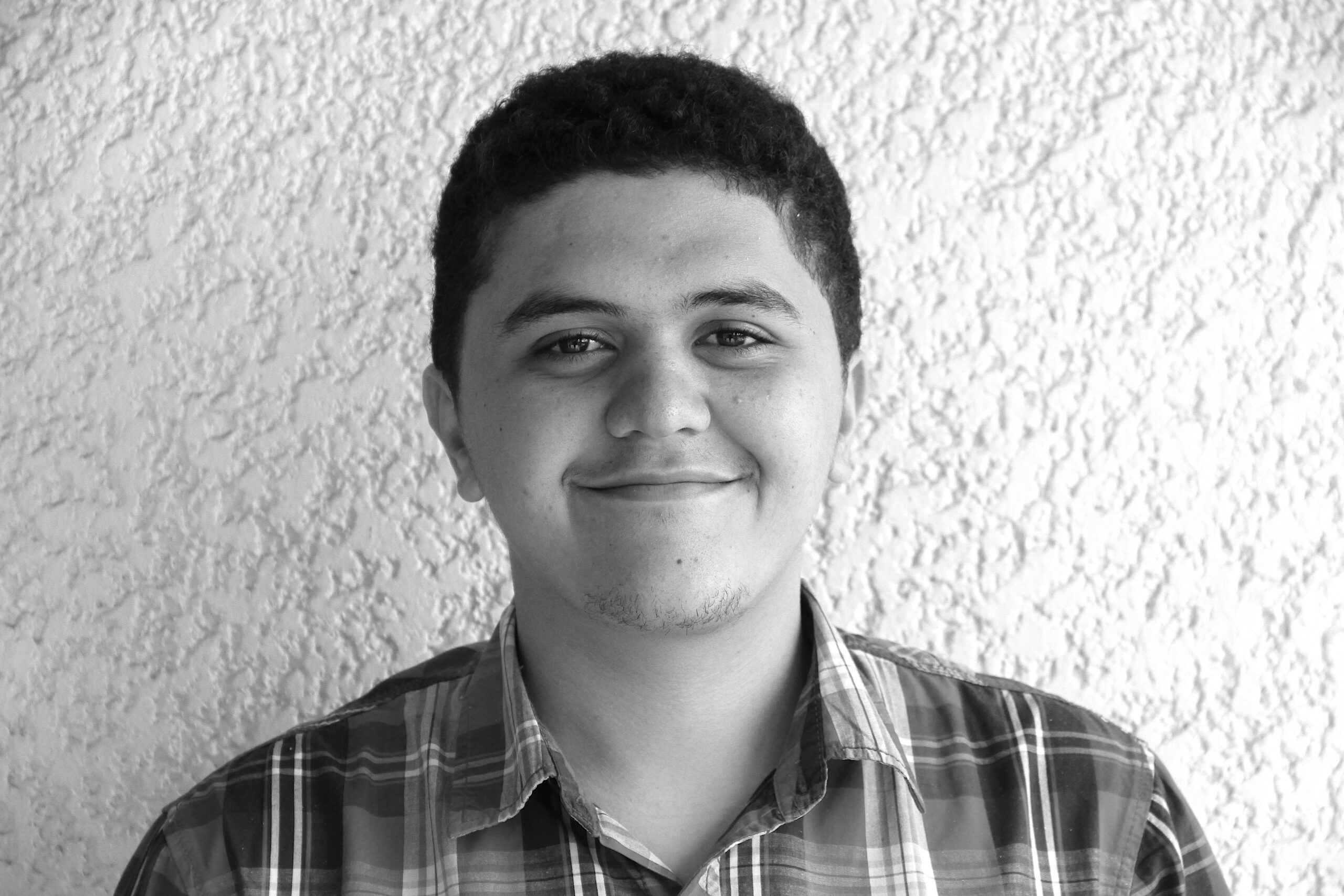The regional Peacebuilding Institute (PBI) is incoming yet again this year beginning on the 12th of February. The Institute is an opportunity for students and young professionals from across the region (Rwanda, Kenya, Uganda, Tanzania, Burundi, South Sudan and Sudan) to come together to learn about Rwanda’s history, as well as to engage in a series of activities, discussions, and learn about post-conflict development approaches. PBI is a bi-annual program bringing together youth and young professionals. According to Debby Karemera, PBI’s coordinator: “For two weeks participants will undertake a study of a variety of themes linked to post-conflict reconstruction. Some of the themes include genocide history and prevention, transitional justice, and good governance and development.”
New additions and improvements to the 2018 Regional PBI
This year, their will be a few additions and improvements to the standard program from previous years. There will be a new topic of study focusing on women, peace and security. This addition was made in part, because previous students were curious about the role of women in Rwandan society and specifically the Rwandan parliament, which is renowned for the fact that its seats are comprised of a 64 per cent women majority. The second major change is an increased focus on conflict management and resolution. Karemera says, “We had very minimal time for that section but participants wanted to expand on that. How are you able to know when there is a conflict or when it is time to act upon this conflict? How are you able to take note of early signs of conflict? They want to get all of this information”.
An emphasis on critical thinking and home-grown solutions
The vital aspect of critical thinking will also be introduced into the program, as well as more emphasis on home-grown solutions. The main goal, Karemera explains, is for youth that attend the PBI to be able to get skills and knowledge on facilitation of dialogue, especially in terms of conflict prevention. The regional PBI specifically deals with teaching participants to “actively contribute to addressing the conflict in their communities, of course starting on a small-scale level, and how they can develop initiatives that can bring more people on board to be able to get involved in the process.”
The value of networking to PBI participants and former PBI participants
This leads directly into another aspect of the PBI that can be very useful for the future of many participants, namely networking, something that is very much encouraged. Karemera explains that once participants get information from here, they form small groups that they use to train or conduct small workshops. Then they are able to see what they can do once they have a whole group of individuals. “We want them to build networks, like an alumni network so that it is not only NAR that is able to bring them together but they are able to work and collaborate in doing coordinated work together,” she says. One example is from a participant from Uganda who started a leadership academy with three other individuals who he met through the PBI in Rwanda. “The more PBI’s that happen then the more they can grow and the more they can engage broadly in more activities that bring out their active participation”, says Karemera. Networking and contacts are not the only opportunities that participants have been able to get as a consequence of taking part in this program. “We have had three individuals who got scholarships because of the knowledge they gained through the PBI,” Karemera says. Simply put, what the PBI offers to participants is both practical experience and contacts for the future as well as a truly enriching experience. “For someone to be able to build or promote peace in their country, they have to have a positive outlook towards things and not be the kind of person who labels or stereotypes,” she says. Ultimately it is for this reason that the PBI exists, and starting next month, a new group of students and young professionals from across the region will come together to help make this goal a reality.


